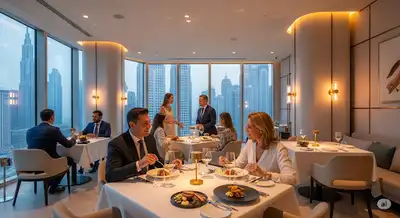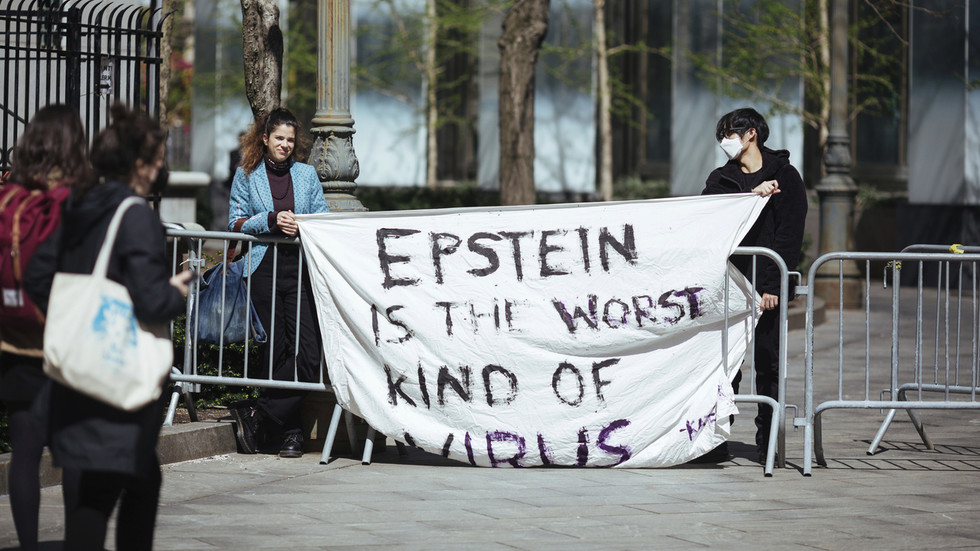
Saudi Arabia introduces fine dining regulations that prioritise elegance, service, and exclusivity under Vision 2030/Representative Image
TL;DR:
- Saudi Arabia launches new rules for fine dining restaurants under Vision 2030.
- Regulations focus on service quality, dress codes, ambience, and hospitality standards. Only one branch per restaurant chain is allowed per city under the fine dining category
- Initiative aims to align local hospitality with international luxury standards.
In a bid to elevate its culinary and hospitality standards, Saudi Arabia has introduced a new set of guidelines for fine dining establishments. The Ministry of Municipal and Rural Affairs and Housing (MOMRAH) unveiled the regulatory framework on Monday, with a clear focus on enhancing customer experience and aligning with global fine dining norms. The initiative is part of the broader Vision 2030 objectives aimed at developing lifestyle sectors, supporting the tourism industry, and promoting private-sector excellence in service delivery.What’s Changing for Fine Dining?
- High-End Service Standards: Trained staff must be available to provide tailored, attentive service to patrons.
- Atmosphere and Design: The interiors should reflect elegance, sophistication, and comfort — with curated lighting, well-planned layouts, and distinct branding.
- Dress Code and Etiquette: Both customers and staff are expected to maintain a refined appearance. Restaurants are allowed to enforce specific dress codes, provided they are clearly communicated.
- Music and Entertainment Policy: Any background music or entertainment should maintain a classy, low-volume ambience suited to the theme and atmosphere of fine dining.
- Exclusive Licensing: Only one branch per restaurant chain is permitted per city under the fine dining classification, preventing oversaturation and preserving exclusivity.
The ministry clarified that these measures are designed to ensure a consistent and premium dining experience while supporting Saudi Arabia’s hospitality competitiveness on the global stage.Purpose: Supporting Lifestyle and Tourism Goals
The guidelines also support the tourism ecosystem by standardizing the quality of visitor experiences, a key objective under Vision 2030.Impact on Business and Patrons
Ongoing Oversight and Compliance
The Ministry has not yet released penalties or enforcement mechanisms but stated that the classification will involve assessment visits and performance evaluations over time.Restaurant owners are encouraged to review the published guidelines and adapt accordingly. This is not the first step in raising hospitality benchmarks. Saudi Arabia has previously introduced regulations around hygiene, ingredient sourcing, and customer transparency across food-related sectors. The current update builds on those foundations to address the premium segment. Saudi Arabia’s new fine dining regulations mark another step in its push to become a global hospitality destination. By setting clear standards around design, etiquette, and service, the Kingdom is positioning itself to attract discerning customers and international culinary brands while supporting local entrepreneurship. As Vision 2030 progresses, such policies are likely to become more common across other lifestyle sectors, shaping the cultural and commercial landscape for years to come.

 8 hours ago
1
8 hours ago
1










 English (US) ·
English (US) ·